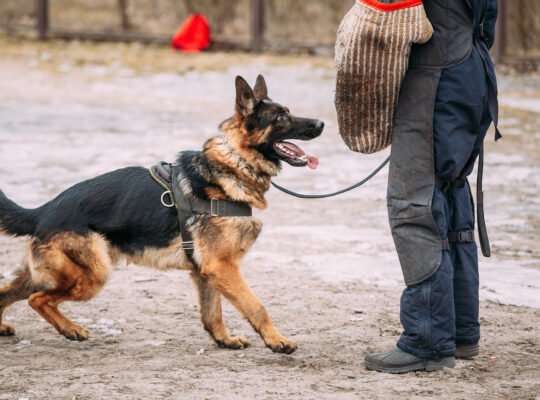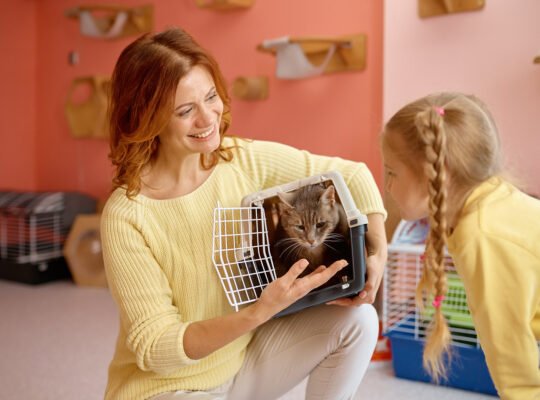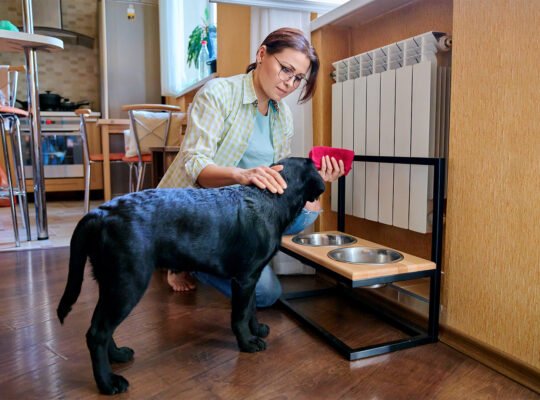Responsible Pet Ownership: The Importance of Spaying and Neutering
Excerpt: Responsible pet ownership goes beyond providing food, shelter, and love. Learn why spaying and neutering play a crucial role in your pet’s overall well-being. From health benefits to population control and behavioral improvements, discover why these procedures are essential for responsible pet ownership and the welfare of your beloved companion.
Introduction
As a responsible pet owner, it is essential to understand the importance of spaying and neutering. These surgical procedures not only have numerous health benefits for your pet but also contribute to population control and improved behavior. By choosing to spay or neuter your pet, you are making a positive impact on their life and the community at large.
In this guide, we will explore the significance of responsible pet ownership through spaying and neutering, highlighting the benefits and dispelling common misconceptions surrounding these procedures.
Health Benefits of Spaying and Neutering
- Spaying (Females):
- Prevention of uterine infections (pyometra) and mammary gland tumors, including malignant forms.
- Elimination of the risk of ovarian and uterine cancers.
- Reduction of the likelihood of certain reproductive disorders.
- Neutering (Males):
- Prevention of testicular cancer and potential prostate problems.
- Reduction in the risk of certain types of tumors, such as perianal tumors.
- Decreased aggression and territorial marking behavior.
Population Control: Combating Pet Overpopulation
- Controlling Stray Populations:
- By spaying and neutering your pet, you are helping to prevent unplanned litters and reduce the number of stray animals in your community.
- Stray animals often face harsh conditions, hunger, and increased susceptibility to diseases. Spaying and neutering can help alleviate this issue and improve the overall welfare of animals.
- Reducing Euthanasia Rates:
- Pet overpopulation is a significant problem, leading to overcrowded animal shelters. By spaying and neutering, you are helping to decrease the number of unwanted animals, ultimately reducing euthanasia rates.
- Healthier Community:
- Controlling pet overpopulation through spaying and neutering contributes to a healthier community by reducing the chances of disease transmission, minimizing animal-related nuisances, and promoting responsible pet ownership.
Behavior Benefits: Promoting Positive Traits
- Diminished Roaming and Aggression:
- Spaying and neutering can help reduce the urge for pets to roam in search of a mate, minimizing their exposure to potential dangers, such as accidents and fights.
- Neutering can also lead to a decrease in aggressive behaviors, including territorial marking and aggression towards other animals.
- Behavioral Improvements:
- Pets that are spayed or neutered often exhibit improved behavior, such as reduced instances of mounting, excessive vocalization, and urine marking.
- These procedures can also help alleviate certain behavioral issues related to mating instincts, making your pet more manageable and well-behaved.
Frequently Asked Questions (FAQs)
Q: At what age should I spay or neuter my pet?
A: The ideal age for spaying or neutering can vary depending on the species, breed, and overall health of your pet. Consult with your veterinarian to determine the best timing for the procedure.
Q: Will spaying or neutering my pet make them overweight?
A: Spaying or neutering can cause a decrease in metabolism, so it’s important to monitor your pet’s diet and provide regular exercise to maintain a healthy weight.
Q: Is spaying or neutering only for pet owners who don’t want to breed?
A: Spaying or neutering is recommended for all pets, regardless of breeding intentions. It offers numerous health benefits and helps control pet overpopulation, even if you do not plan to breed your pet.
Q: Are there any risks associated with spaying or neutering?
A: As with any surgical procedure, there are risks involved. However, spaying and neutering are routine surgeries performed by experienced veterinarians, and complications are rare. Your veterinarian will discuss the potential risks and benefits specific to your pet.
Embrace Responsible Pet Ownership: Spay and Neuter Today
In conclusion, responsible pet ownership entails more than just love and care; it includes making informed decisions for the health and well-being of your pet and the greater community. By spaying and neutering, you contribute to population control, improve your pet’s behavior, and provide them with a healthier life.
So, embrace your role as a responsible pet owner. Consult with your veterinarian to determine the best time to spay or neuter your pet and make a positive impact on their life and the welfare of animals everywhere.
















